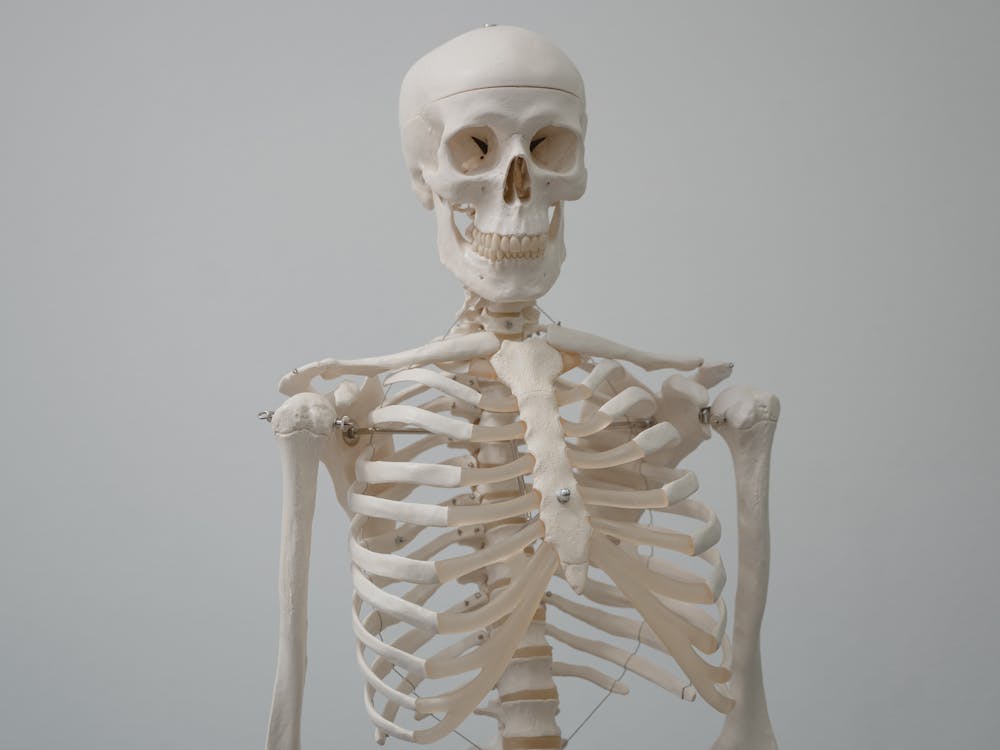Overview of the human body systems
As a caregiver, having a basic understanding of the human body systems is invaluable. It allows you to comprehend the health conditions and needs of the individuals under your care more effectively. In this overview, we will explore the major systems of the human body and their functions.

- Skeletal System: The skeletal system consists of bones, joints, and connective tissues. It provides structural support, protects vital organs, and facilitates movement.
- Muscular System: The muscular system includes muscles, tendons, and ligaments. It enables movement, supports posture, and generates heat.
- Nervous System: The nervous system controls and coordinates the body’s activities. It consists of the brain, spinal cord, and nerves. It allows for sensory perception, motor coordination, and communication within the body.
- Cardiovascular System: The cardiovascular system comprises the heart, blood vessels, and blood. It transports oxygen, nutrients, hormones, and waste products throughout the body, supporting tissue function and maintaining homeostasis.
- Respiratory System: The respiratory system includes the lungs, airways, and respiratory muscles. It facilitates the exchange of oxygen and carbon dioxide, allowing for efficient breathing.
- Digestive System: The digestive system processes food and absorbs nutrients. It consists of the mouth, esophagus, stomach, intestines, liver, and pancreas. It breaks down food, absorbs nutrients, and eliminates waste.
- Urinary System: The urinary system includes the kidneys, bladder, ureters, and urethra. It filters waste products from the blood, regulates fluid and electrolyte balance, and produces urine.
- Integumentary System: The integumentary system comprises the skin, hair, nails, and sweat glands. It serves as a protective barrier against external factors, regulates body temperature, and houses sensory receptors.
- Endocrine System: The endocrine system consists of glands that produce hormones, such as the pituitary gland, thyroid gland, and adrenal glands. Hormones regulate various bodily functions and maintain homeostasis.
- Reproductive System: The reproductive system differs between males and females and is responsible for the production of offspring. It includes reproductive organs such as the ovaries, uterus, testes, and penis.
It is important to note that each body system is interconnected and relies on the proper functioning of others for overall health and well-being. As a caregiver, understanding the basics of these systems can help you identify signs of discomfort, communicate effectively with healthcare professionals, and support individuals in their daily activities and healthcare needs.
While this overview provides a general understanding, it is recommended to further educate yourself on each system to develop a more comprehensive knowledge base. This can be achieved through training programs, online resources, and discussions with healthcare professionals.
